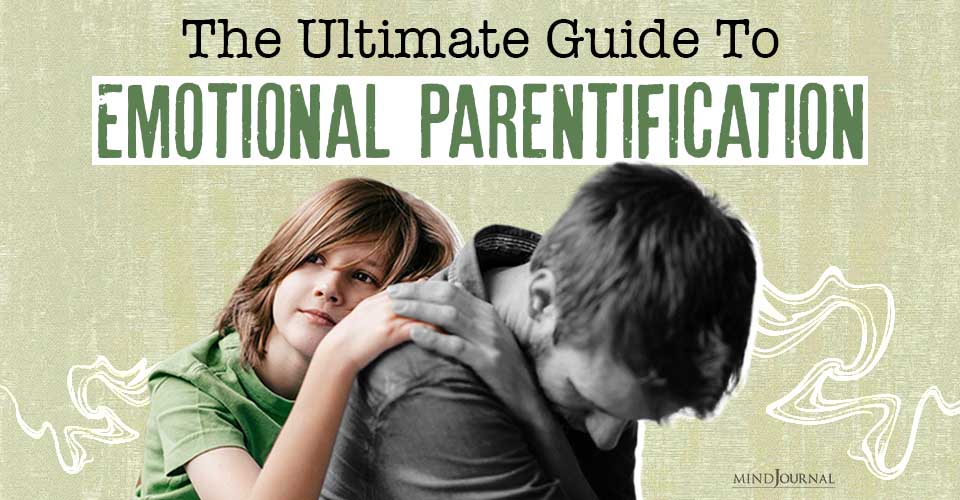A Letter for those who don’t understand chronic illness.
Dear people who don’t understand autoimmune disease or Chronic Illness:
I know people that have an autoimmune disease and chronic illness. They seem fine on the outside, but that’s what they want you to see because they have a fear of being judged and misunderstood.
However, in reality, people that deal with these issues may be people who are dealing with diet restrictions. Perhaps they have to go to many doctors to deal with managing pain. They may not be able to do the things that we take for granted.
I personally believe if you have an autoimmune disease, or any other chronic illness or know someone that has one, you should try to be understanding of them, and not judgmental.
You or someone you love will most likely deal with it. You would want to be treated with kindness and understanding, so why not show that to someone who could use it.
Read 12 Common Mental Illness Signs You Should Never Ignore
Please don’t judge them, because they can’t get rid of the day to day struggles with autoimmune disease or chronic illness. Most just try to live the best lives they can in spite of these health issues.
We all deserve understanding of any autoimmune disease or chronic illness. Where there is understanding, there will be less ignorance. Then people who don’t understand these diseases will have the tools they need to better understand what sufferers of chronic illness deal with.
The ones who go through this are everyday people. They are just like any of us, and they deal with life the best way they can.
They have something that may prevent them from doing an activity that may be one you do normally. Maybe it takes them longer, or perhaps they do it differently. At the end of the day, we are all people that deserve respect and understanding of autoimmune disease or chronic illness.
It’s possible you will see someone with medical issues that may require pills for pain management, or they may have special dietary needs.
Others may have debilitating fatigue in which certain days they feel like they can do anything and other days they are so tired that they can’t do anything. All they want to do is sleep.
Read 13 Signs You’re Struggling With Emotional Numbness and How To Overcome
Whatever autoimmune disease or chronic illness you or someone you know may have; you have to understand this isn’t the life they wanted. They may have a life of pain management or dietary needs but it’s the life they are dealt with. They are trying to do the best they can with the bodies they are given.
Next time you see someone with a pill bottle, or if you see someone eating a different type of meal, please don’t judge them.
They are in need of understanding and empathy. We all go through things that deserve compassion and nothing else
Written by Larissa Martin










Leave a Reply